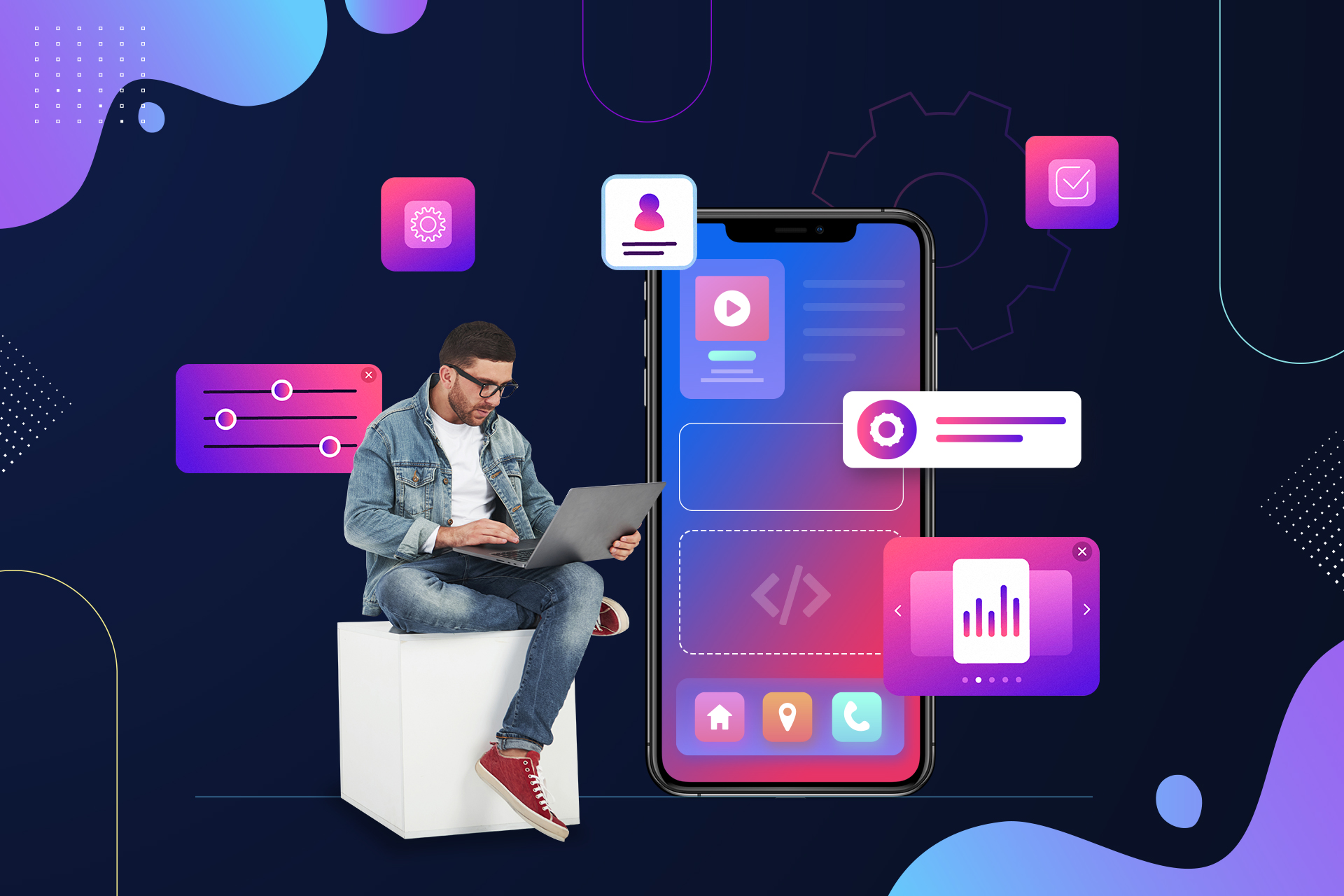For those keeping an eye on technological advancements, it seems like every day brings a groundbreaking innovation—whether it’s a leap in artificial intelligence, new applications for IoT, or the rise of blockchain technology. Many industries have eagerly adopted these tools to enhance efficiency, reduce costs, and stay competitive. However, the healthcare sector has historically been slower to adopt such changes.
The reasons are clear: decades of reliance on legacy systems, concerns over patient privacy, and a complex regulatory environment create significant barriers. But with mounting pressure to improve patient outcomes and reduce operational inefficiencies, the time for digital transformation in healthcare has never been more critical.
The Data Privacy Challenge
Recent years have seen a surge in cyberattacks targeting sensitive healthcare data. High-profile breaches at institutions like Anthem, LabCorp, and healthcare.gov highlight the risks. These incidents have led to growing scrutiny from regulators, with stringent compliance requirements such as the EU’s General Data Protection Regulation (GDPR) and the U.S. Health Insurance Portability and Accountability Act (HIPAA).
Healthcare organizations must now invest in robust data security measures. From enhancing encryption protocols to implementing zero-trust security models, the emphasis on protecting patient data has never been greater. Blockchain technology is also emerging as a potential solution, offering secure and decentralized systems for storing patient records and ensuring data integrity. While still in its infancy, blockchain holds promise for solving the dual challenges of security and interoperability.
AI and IoT: Transforming Patient Care
The integration of artificial intelligence (AI) and the Internet of Things (IoT) into healthcare workflows is beginning to revolutionize patient care. Wearable devices like smartwatches and connected medical monitors now allow real-time tracking of vital signs, giving doctors critical insights into their patients’ health between visits.
AI, meanwhile, is transforming diagnostics and treatment plans. Machine learning algorithms can analyze vast amounts of medical data to identify patterns and predict potential health issues, often faster and more accurately than human professionals. From diagnosing rare diseases to personalizing treatment plans, AI is becoming an indispensable tool in modern medicine.
Yet, many healthcare providers lack the internal expertise to fully leverage these innovations. As a result, partnerships with specialized technology firms are becoming essential for implementing AI-driven solutions and IoT-enabled devices that enhance patient outcomes and operational efficiency.
The Road Ahead: A Patient-Centric Approach
The healthcare industry is undergoing a fundamental shift towards a patient-centric model, where convenience, accessibility, and personalized care are paramount. Digital tools like telemedicine platforms and mobile health apps allow patients to connect with providers from the comfort of their homes, reducing barriers to care.
However, to stay competitive, healthcare organizations must embrace digital transformation holistically. This includes modernizing legacy systems, investing in advanced analytics, and fostering a culture of innovation.
At the intersection of healthcare and technology lies an opportunity to redefine the industry. By embracing digital transformation, healthcare providers can enhance patient outcomes, streamline operations, and ensure compliance in an increasingly complex environment.
If your organization is ready to take the next step, contact us today to discover how technology can help you navigate the future of healthcare.




